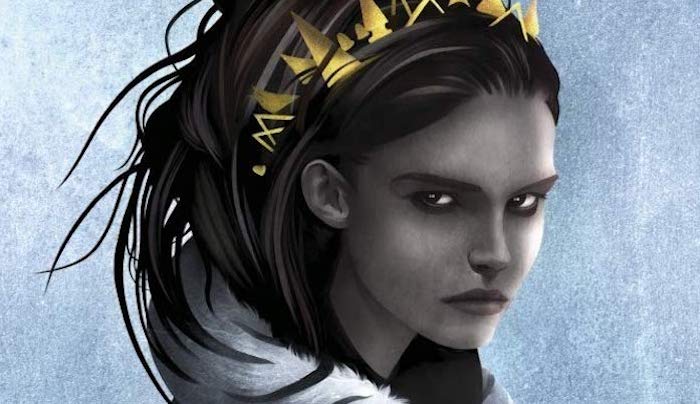Please note that The Outerhaven did not receive an advance copy of “Blood Heir” and therefore cannot comment on its contents other than what as been reported.
We now live in a call-out culture, where we now have the ability to point out and amplify these claims to make real change happen. Sometimes, these accusations are thrown against abusers, predators, and manipulators who have hurt others, sometimes for years, through their terrible behavior and finally face consequences for it. On the flip side, however, we get YA author Amélie Wen Zhao pulling her debut book after early reviewers claimed it was anti-Black, which now appears might not be the case.
The book in question, Blood Heir, is your typical young adult alternate-history where the people who have powers are being tracked down and hunted with a female protagonist with powers and a murdered parent. Not reinventing the wheel here. The book was on track for publication in summer 2019 but after early review copies of the work accused the book of having racist tropes as well as plagiarizing other works.
On January 30, Zhao released the following statement:
To The Book Community: An Apology pic.twitter.com/SCdYMOSLOA
— Amélie Wen Zhao (@ameliewenzhao) January 30, 2019
Now, however, there have been those who have criticized her detractors for overreacting and faulting the book for having a plot. Slate summarizes the issue pretty well, but long story short, the claims of plagiarism are plainly false. And while the book does have a character die so that another can live, a dated trope, it’s actually not totally clear that the character is one of color. Sure, it’s an overused trope but it’s not a crime to re-use a trope (unless you count crimes against taste I suppose). As for the accusation that Wen Zhao appropriating U.S. slavery as a plot point, she has stated that she is not drawing on that history, but on her own experience with human trafficking as a system of oppression in Asia.
It’s hard to imagine successful authors like Suzanne Collins, J.K. Rowling, Stephen King, Neil Gaiman, etc. going through this, but it’s actually not uncommon. As reported by The New York Times, there have been several works that have been held back for publication after accusations have come out in both the children’s and YA market. Usually this happens with new, burgeoning writers, which can be disheartening in numerous ways, not the least of which is allowing new voices to come to market.
Ultimately, I think it should be up to the reader to decide these things. I think that, at least in some ways, the author should be divorced from the book so that it can live, or die, on its own merits or faults. And if you don’t want to support a book, then don’t read it or buy it. After all, there will always be people who publish storylines and opinions that are offensive on various levels, but it’s up to us as readers (or parents if the child is too young to make those distinctions) to suss these things out, to learn to think critically about art and the world it lives in. But instead of becoming a teachable moment, Blood Heir and its author are retreating before a conversation can even be had.


